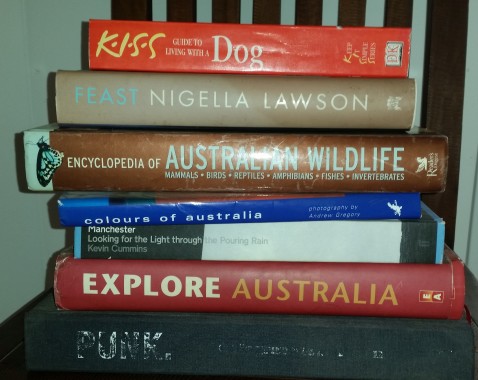
Open education has developed a great deal since the emergence of the Open University in the UK in 1969. MOOCs (massive open online courses) are the new face of open education, which by definition are offered online only.
But are they open to all? When I first heard about them, my initial thought was “great idea, but don’t you still need access to the internet to take advantage of them?” This was confirmed when I read Belawati’s article (2014). This, thus returns us to the digital age’s big dilemma: the digital divide and another example why those who don’t have internet access, either through choice or lack of means are becoming increasingly disadvantaged.

One in five Australian adults are not online, and the elderly, indigenous people and those from culturally and linguistically diverse backgrounds feature strongly in this number. Similarly, in Australia, where many of the remote areas have sporadic or no internet coverage, access to these courses will be difficult, although with the roll out of the NBN this might improve. It is interesting that Belawati (2014) states that the majority of people accessing MOOCs are men who have completed tertiary education and not the minorities, whom one could argue would benefit most from them.
Another way in which they are not completely open is that some of the organisations that run them have control over what happens with the materials and which institutions host their course. If they were truly open they would be free to download, reuse and share the content of the course as they wish. This is in accordance with a commonly used definition of open education resources (OER):
I would argue that open education is not truly open for the above reasons. Until the digital divide is closed and the material produced for the course is open for everyone to use as they wish, it will never be completely open. The main aspect I feel effecting its openness is the digital divide as I feel this is causing us to develop into a society of haves and have-nots on a local, national and international scale, with the have-nots becoming increasingly disadvantaged.
However, on the whole I feel these courses offer advantages generally, particularly in areas where libraries have free Wi-Fi and computers. Time poor individuals can use them to study at their own pace and time in order to improve their knowledge and career prospects, but they will not be completely open until the digital divide is closed. I feel education should be freely available to all and MOOCs do offer a step in this direction, although there is a long way to go.
Reference List.
Belawati, T. (2014). Open education, open education resources, and Massive Open Online Courses. International Journal of Continuing Education and Lifelong Learning, 7(1), 1-15
Image Attributions
Digital Divide by Techsoup. Retrieved 30/04/16 from http://getmespark.com/always-the-last-to-know-nonprofit-tech-trends/
Mortar Board by Nicholas Menghini from the Noun Project. Retrieved 30/04/16 from https://thenounproject.com/term/mortar-board/10801/

Really thoughtful reflection about the openness of open education. I agree with you on many of these points, and it is very interesting that the people most likely to access MOOC’s are the very same that are the most likely to have Internet access in the first place. I am not sure how open they will ever become, and what the solution is for higher ed, perhaps MOOC’s that run out of public library’s so everyone has access? Whatever the future holds I think it will be interesting.
LikeLike
I agree Kathleen, it will be interesting to see what the future holds for education. There have been so many changes in my lifetime in education and technology. I am not sure what the answer to the digital divide is. I don’t think it is NBN, as I saw an advert for a large telecom. company’s NBN package last night, $100 per month! I think that public libraries are probably a good place to start.
LikeLike